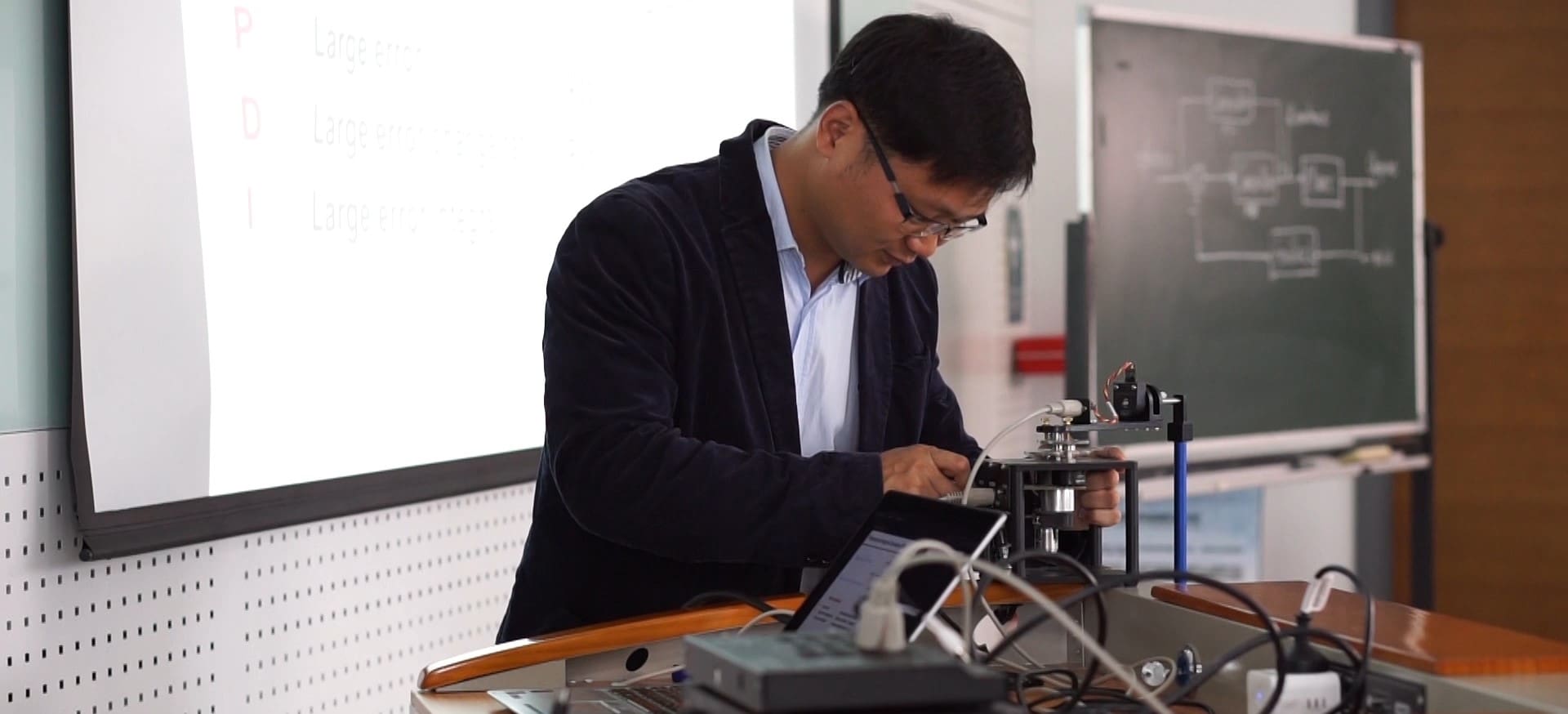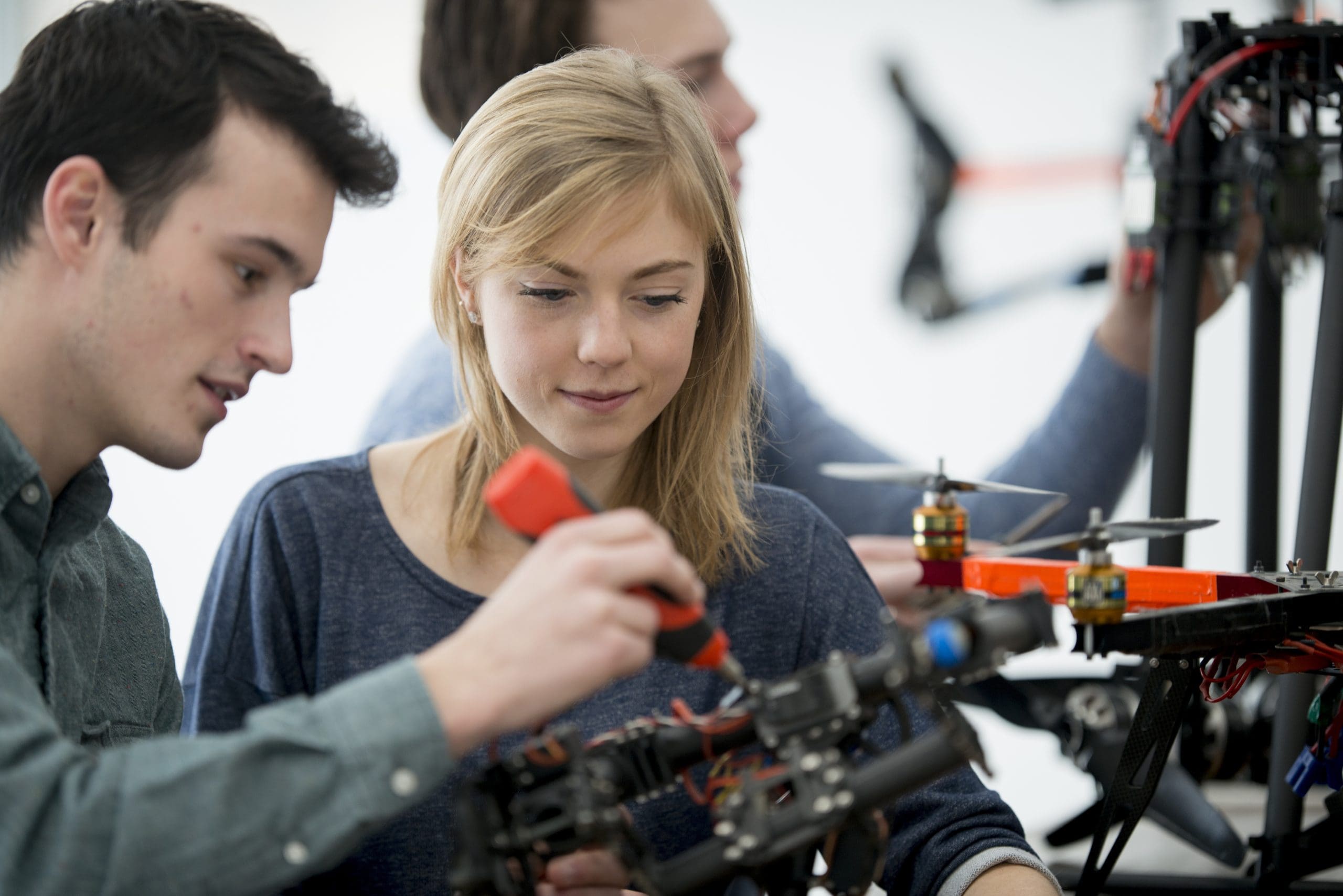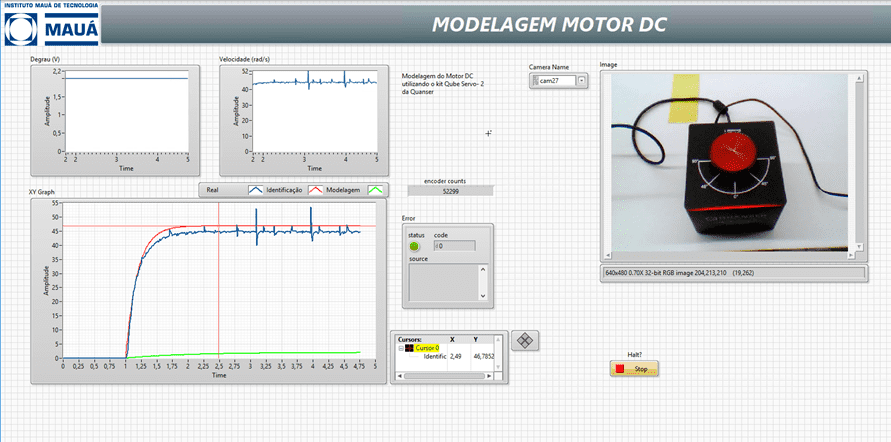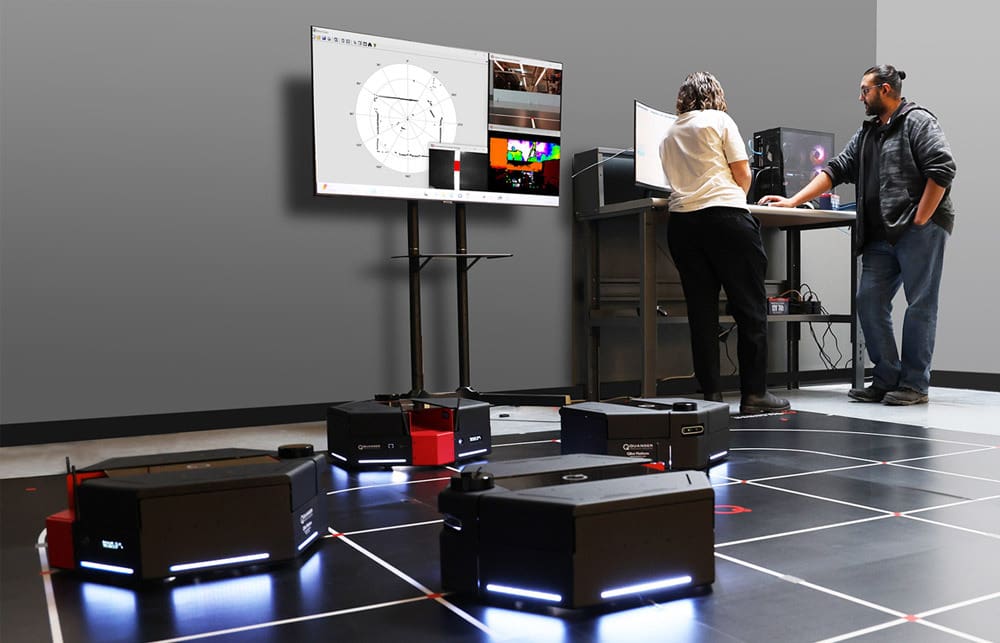
Tsinghua University consistently ranks as one of the top engineering schools in the world. But like many educational institutions, Tsinghua faced some challenges motivating students. They knew more than traditional theory-heavy approaches to teaching were needed.
Guided by the example of renowned universities throughout the world, Tsinghua’s Mechanical Engineering Department sought to incorporate systems thinking skills into their Controls course. They turned to real-world case studies, practical applications using Quanser hardware, and the Experience Controls mobile textbook as a way of enriching their course.
The Experience Controls textbook allowed the students to apply the theory they learned in the classroom to the dynamic simulations in the app. As a result, they were better prepared for the lectures and made better use of their lab time. The offline capabilities of the app meant that students could further their learning through at-home review, without needing to be in the classroom or on campus.
As early adopters of the Experience Controls textbook, Tsinghua instructors lead by Professor Chuxiong Hu worked closely with the Quanser team. Together, they incorporated a mobile-controlled hardware experience into their lab. Leveraging qdex, the same technology used to build Experience Controls, the students were able to interact with Quanser hardware using their mobile devices, allowing them to solidify their knowledge using tools they’re already familiar with.
Check out how Tsinghua University refined its approach to Controls Engineering in the video below:
In the face of rapid changes in industry and emerging technologies, Tsinghua University shows that it’s possible to deepen student understanding using hands-on experimentation and problem-based learning strategies while motivating students to meet real-life engineering challenges.



